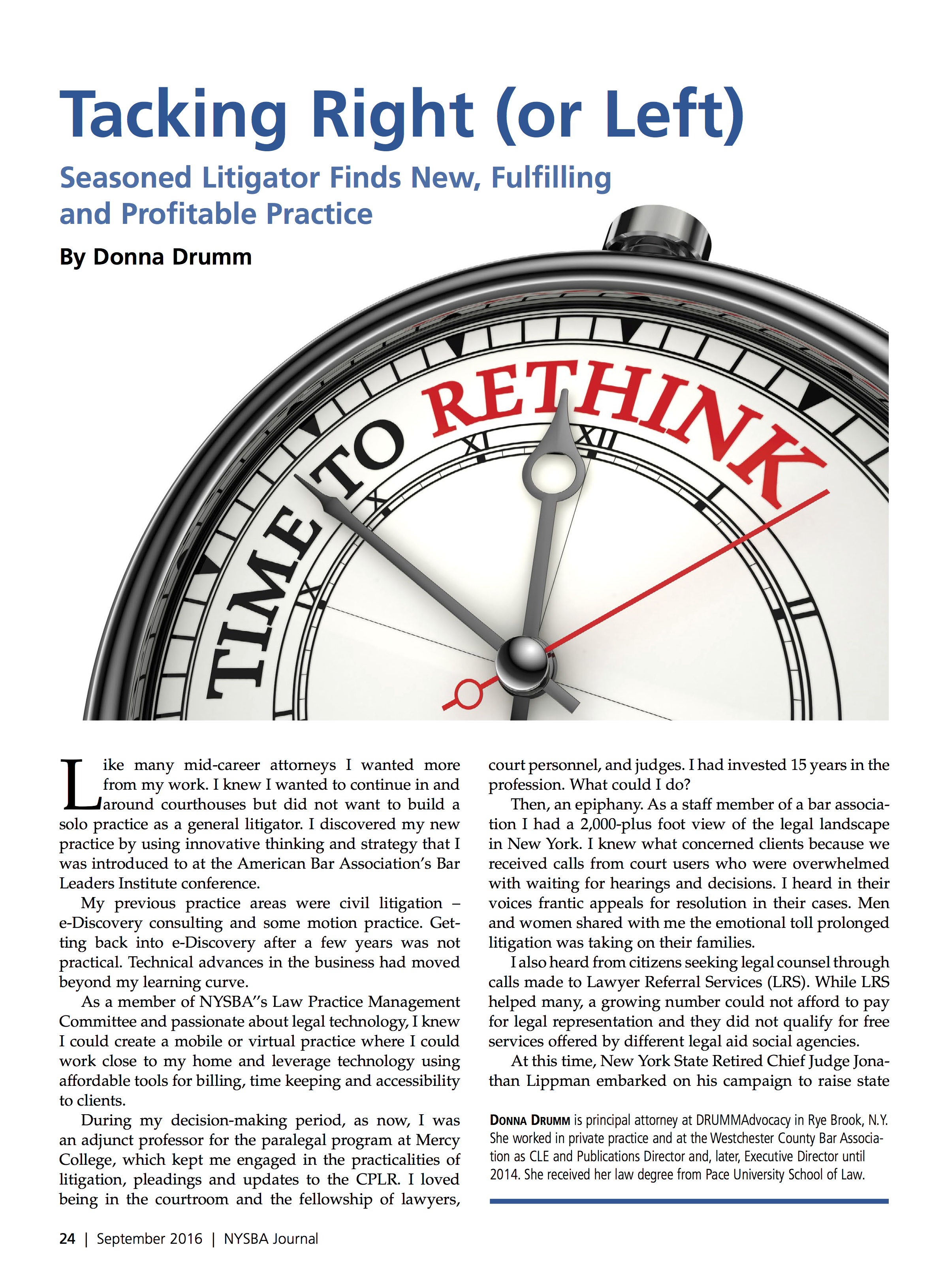Recent article on airport & airplane accommodations suggests airplane aisles will be widened for wheelchairs and airplane lavatories will be widened for wheelchairs... here is the article.... learn more here
The Airplane of the Future Could Be Much More Accessible for Passengers With Disabilities
For one thing, the DOT is getting serious about making it easier to go to the bathroom.
by: AARIAN MARSHALL @AarianMarshall
For airline passengers with disabilities, logistical headaches exist at every turn. Imagine navigating a security line without being able to hear the capricious and ever-changing instructions of TSA agents; sitting through a long-haul flight without the take-it-for-granted option of in-flight entertainment; trying to navigate a wheelchair to a tiny lavatory through thin airplane aisles.
> But in early December, the Department of Transportation announced it’s exploring the possibility of new regulations that could force airlines to make additional accommodations for travelers with disabilities.
DOT is gathering feedback on creating new in-flight entertainment options for people with visual or hearing impairments, fitting accessible bathrooms on new single-aisle aircraft, and producing firm and fast rules about service animals.
Airlines are not subject to the American Disabilities Act, but companies with foreign and domestic flights terminating in the U.S. come under the Air Carriers Access Act. This law requires air carriers to provide “reasonable accommodations” to those with disabilities, up until those accommodations pose risks to other passengers or cause the airlines “undue burdens.” What that term means is clearly up for debate.
Why is this an issue now? More and more airlines are using small planes on very long flights, DOT notes. Those flights tend to have limited bathroom space. Eric Lipp is the director of the Open Doors Organization, which advocates for those with disabilities within the travel industry. He is partially paralyzed and uses an electric scooter to travel, but it’s simply too big for an airplane cabin and has to travel with the luggage. On flights, Lipp told the Chicago Tribune last month, he has to contact a flight attendant, be transferred to an on-board, folding wheelchair, and wheeled to a bathroom.
Current federal regulations only require airlines to place these wheelchairs on small planes with no accessible lavatory—the ones used increasingly often on long flights—if a passenger has given 48 hours’ notice.
And then when he actually gets to the restroom, Lipp faces the prospect of navigating around a mini airplane lavatory. It’s an ordeal, he said.
Of course, requiring companies to “take a few seats out and put [an accessible bathroom] in,” as Lipp suggests, has a serious downside for the airlines: Fewer seats to sell.
But the Open Doors Organization suggests there’s an economic case for accessible airplanes, too. According to the group’s 2015 survey, 11 million travelers with disabilities took 23 million trips over the past two years, spending $9 billion on their flights in the process. But 72 percent of those who traveled by air said “they encountered major obstacles with airlines,” indicating there’s a lot of room for improvement.
An addendum: Those numbers may not include older people, many of whom face similar types of challenges, like trouble walking, hearing, seeing, or communicating. They could use more accessible bathrooms, too.
There has been improvement on the issue of restrooms, specifically. More and more airlines have voluntarily purchased planes with restrooms like Airbus’s Super-Flex, which puts a moveable wall between two lavatories that can be rolled away by the crew to create one big, wheelchair-accessible throne. Airbus tells CityLab that 57 aircrafts equipped with the Super-Flex concept have been shipped, with more on the way.



